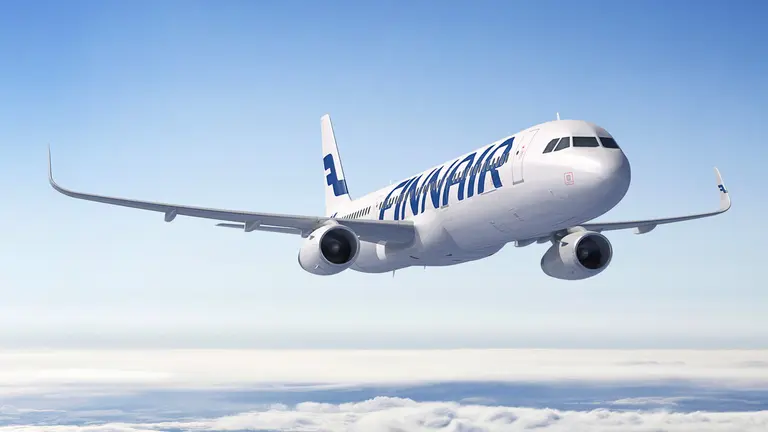Spain received more than 7.7 million passengers from international airports in May, which represents 87% of those who arrived in the same month of 2019, before the Covid-19 pandemic, according to data released by the Spanish tourism institute Turespaña.
The degree of recovery compared to 2019 is two percentage points higher than that registered last April.
"Our islands are approaching pre-pandemic figures, with recovery percentages of over 95% favored by the return of one of our main markets, the British. Undoubtedly, this is one of the elements that, unlike what happened in 2021, is allowing a solid reactivation," said the Minister of Industry, Commerce and Tourism, Reyes Maroto.
The Balearic Islands was the region with the highest number of arrivals (1,675,941 passengers), followed by Madrid (1,604,603) and Catalonia (1,535,533). However, the Canary Islands was the destination with a higher level of recovery in May (98.6%), followed by the Balearic Islands (95.5%).
Although international air passengers are not equivalent to international tourists because they also include residents of Spain returning from an international airport, the vast majority are tourists, the government pointed out in a press release.
Low-cost airlines
One in four passengers came from the United Kingdom and went, mainly, to the Balearic Islands.
Spanish airports received in May 1,979,969 passengers from the British market. This represents a degree of recovery for this market of 83.6% compared to 2019.
77.6% of UK passengers flew with a low-cost airline.
1,216,275 passengers arrived from Germany and went mainly to the Balearic Islands. In the case of this market, the proportion of passengers who chose traditional companies over 'low cost' is distributed almost evenly: 50.7% in traditional companies compared to 49.3% in low cost airlines.
The degree of recovery of this market, compared to 2019, is 85.4%.










